
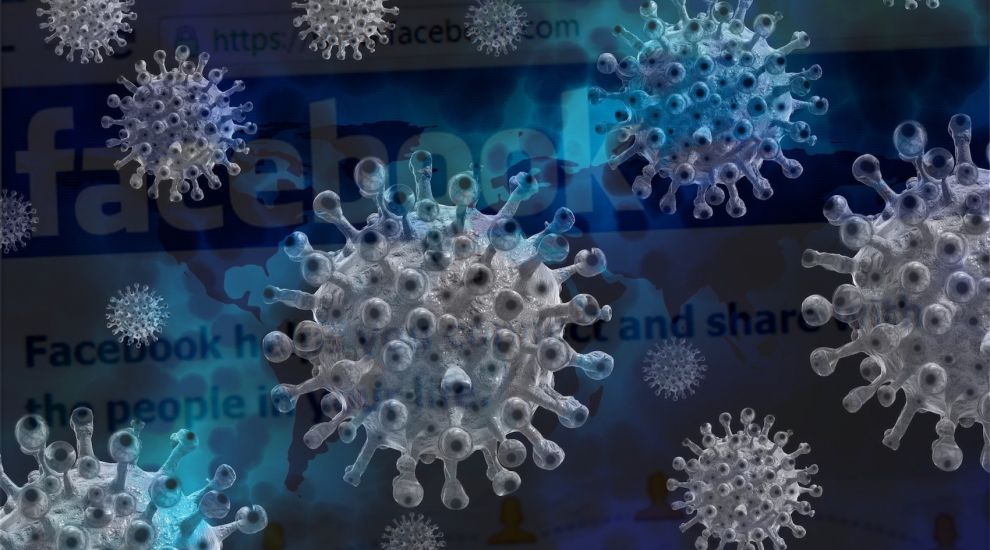

Recovery statistics, isolation requirements, vaccine safety...local social forums are rife with conspiracy theories about the pandemic and the way the Government is handling it.
Express has picked out some of the most common observations islanders have made in recent weeks.
Here, the Government reacts to them...
"The Government of Jersey uses a standard set of rules for allowing individuals to leave isolation after having tested positive for coronavirus. For those who are asymptomatic, individuals are categorised as recovered 14 days after they first tested positive. The definitions used to declare recovery are those used by Public health England. These definitions ensure that leaving isolation is safe.
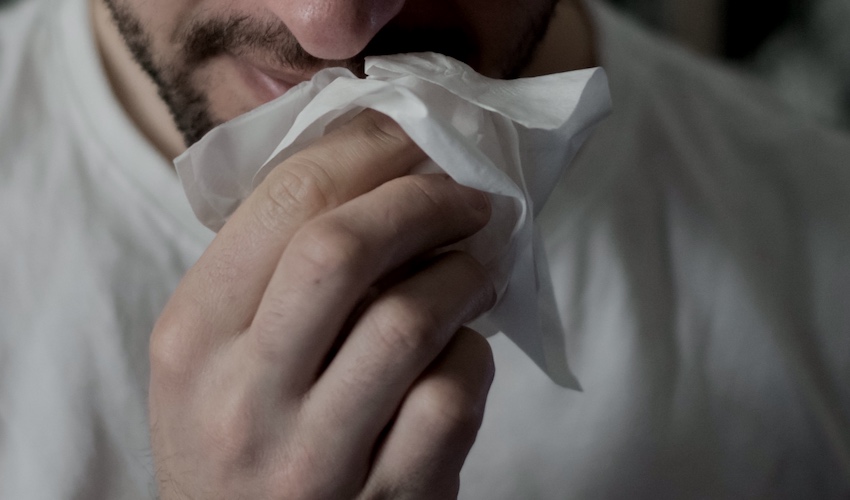
Pictured: For those individuals who have exhibited symptoms, they are deemed to have recovered once they have been clear of symptoms for 48 hours, and at least 10 days have passed since they first tested positive.
For those individuals who have exhibited symptoms, they are deemed to have recovered once they have been clear of symptoms for 48 hours, as assessed through conversations with contact tracing professionals, and at least 10 days have passed since they first tested positive.
These definitions of recovery have been used consistently throughout the pandemic. Large numbers of recoveries more recently, are reflective of the large number of cases around 14 days ago. Those who tested positive for covid and have since recovered, they must continue to adhere to current public health guidance. Their possible, short term, immunity from the virus does not negate their requirement to continue physical distancing, and increased hygiene measures to protect those around them."
"The Government of Jersey has worked closely with the Department for Health and Social Care in the UK and the Joint Committee on Vaccinations and Immunisation to secure covid vaccine for Jersey as soon as possible.
An effective vaccine is the best way to protect those at risk from covid-19 disease and is the biggest medical breakthrough we’ve had since the pandemic began.
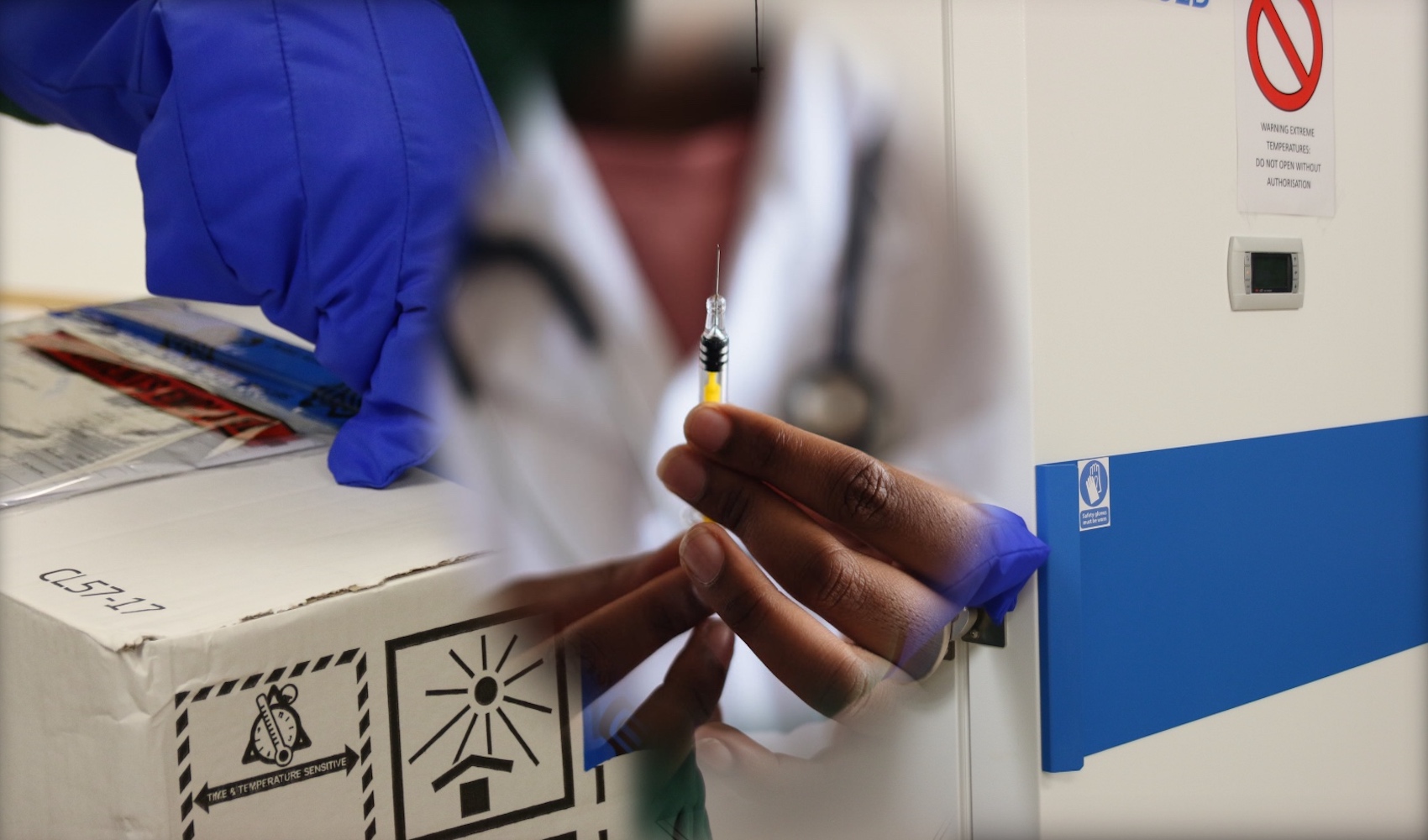
Pictured: "The covid vaccines we receive and deliver (Pfizer and Oxford) have both been approved as safe to use by the highly respected Medicines and Healthcare products Regulatory Agency (MHRA)."
The covid vaccines we receive and deliver (Pfizer and Oxford) have both been approved as safe to use by the highly respected Medicines and Healthcare products Regulatory Agency (MHRA) (which is overseen by the UK Commission on Human Medicines) on the basis of robust clinical trials, standards of safety, effectiveness and quality.
Due to the very nature of the covid-19 pandemic and its effects the focus was on developing vaccines to save people’s lives as soon as medically possible but without altering the all usual efficacy and safety requirements demanded by the authorities. The world has not seen an outbreak of this scale since the influenza pandemic in 1918 and modern technology has enabled scientists and doctors to create safe and effective vaccines rapidly.
Some 32.64 million doses (as at 13 Jan 2021) have now been given worldwide and the feedback as expected continues to be that these vaccines are safe and effective. These vaccines will save people’s lives and reduce suffering, additionally in reducing the burden of COVID, they will permit the health service to better cater for other illnesses including keeping screening for cancer up to date.
As large numbers of people from at risk groups are given a vaccine, we will be able to determine the impact on infection rates, hospitalisation and reduced deaths; if successful, this should in time lead to a substantial reassessment of current restrictions."
"All critical workers must apply for permission to divert from the isolation requirements prior to arrival in Jersey. Their application is supported by a risk management plan for each employee. Isolation exemptions only cover the time they spend at work.
At all other times they must still isolate until the end of their agreed isolation period. The critical workers must isolate until their first negative, as a minimum, unless as part of an emergency role.
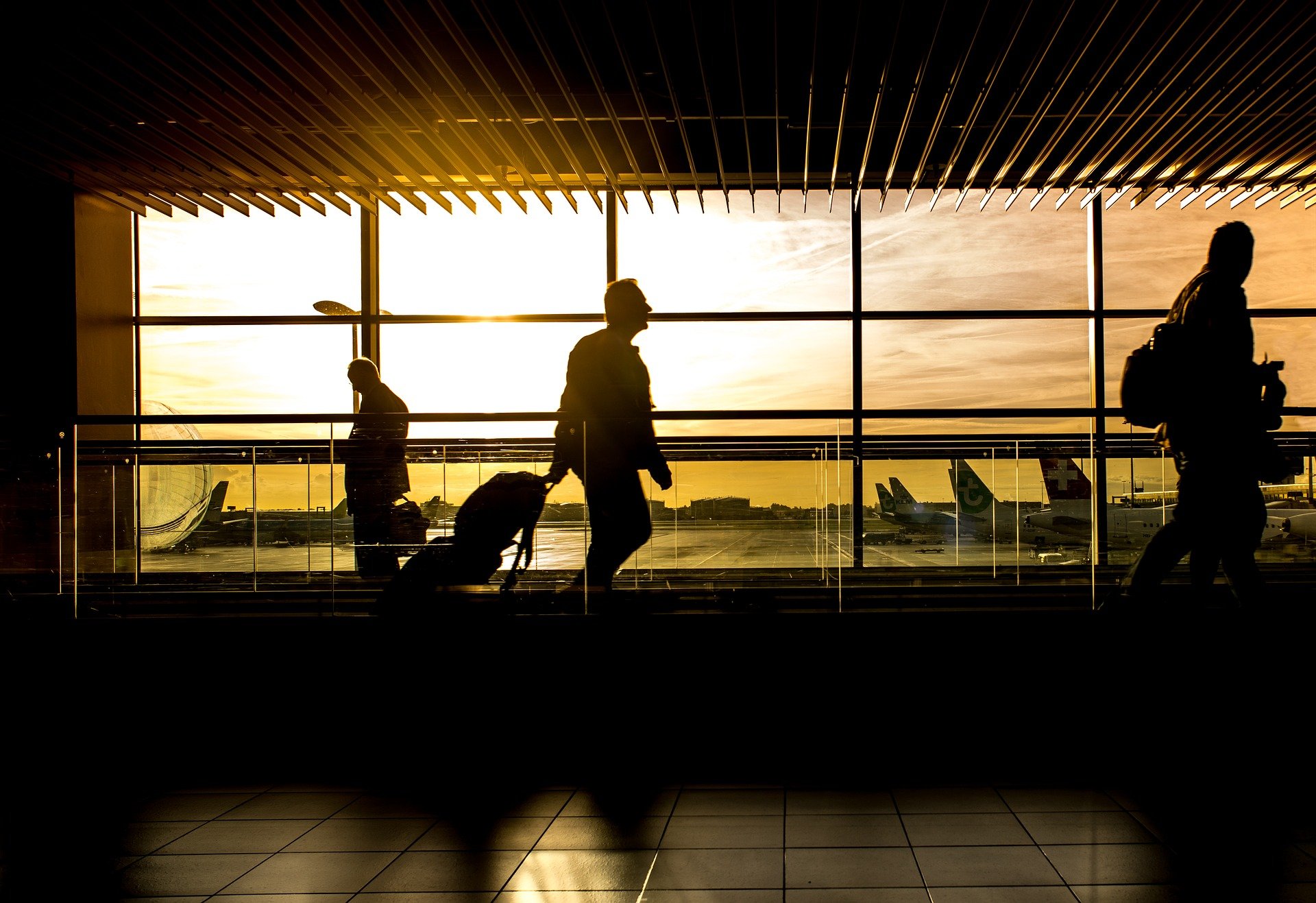
Pictured: "Applications for exemption for isolation are only granted on an exceptional basis."
Applications for exemption for isolation are only granted on an exceptional basis and where local skills and capacity is not available on-island. The arrangements are under constant review based on the assessment of risk at the time."
"The impact of the festive period will become more evident over the next 2 to 4 weeks. Following the sharp rise in cases from mid-November to the end of December, island-wide measures were introduced to reduce the rate of spread.
Following Christmas Day and Boxing Day gatherings, we have seen 15 cases occur after household mixing guidelines were relaxed for those two days.
Since the hospitality circuit breaker, restrictions on household gatherings and orders by law on gatherings and workplace closures have been introduced, the occurrence of clusters has reduced. Both cases and positivity rates (positivity rates are not dependant of testing rates) have fallen.
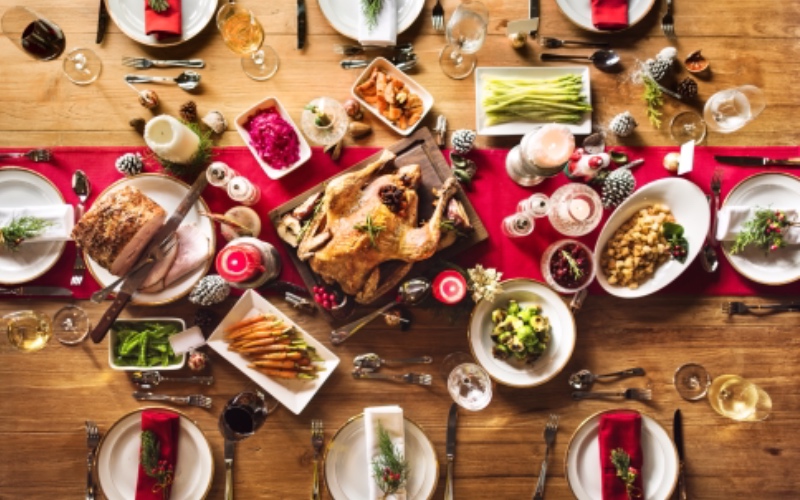
Pictured: "Several cases have been associated to mixing over the Christmas period."
Several cases have been associated with mixing over the Christmas period. However, wider spread appears to have been contained through quick detection and isolation. Evidence shows that the impact of measures are seen around two to six weeks after implementation.
The number of those seeking healthcare has also fallen – again, this is not dependent on surveillance. It is encouraging data which shows the guidelines are working and islanders should continue with their good adherence.
The public health team, STAC and Ministers are committed to reviewing the latest metrics and information relating to the spread of infection. Ministers will be reviewing the latest metrics and medical advice next week to assess any changes that indicate the effect of household mixing over the festive period."
"The Government takes its advice from the Scientific and Technical Advisory Cell (STAC), who suggest what the measures Government can take to stop the spread of covid-19.

Pictured: "The health of islanders remains our first priority."
The health of islanders remains our first priority, but there are other elements which must be balanced when considering putting restrictions on our population.
No restriction has been easy to recommend. We want islanders to continue living their lives with as little impact from this virus as possible. However, when the lives of islanders are at risk we must act accordingly. The impact on our economy has been felt across all sectors while we aim to balance the protection of lives and livelihoods."
"The Government of Jersey anticipated and encouraged a high uptake of flu vaccination this year due to the overall health benefits this offers islanders and the health service in light of covid-19.
There has been a successful uptake across the board. High-risk groups were prioritised as catching the flu for some can be very serious.
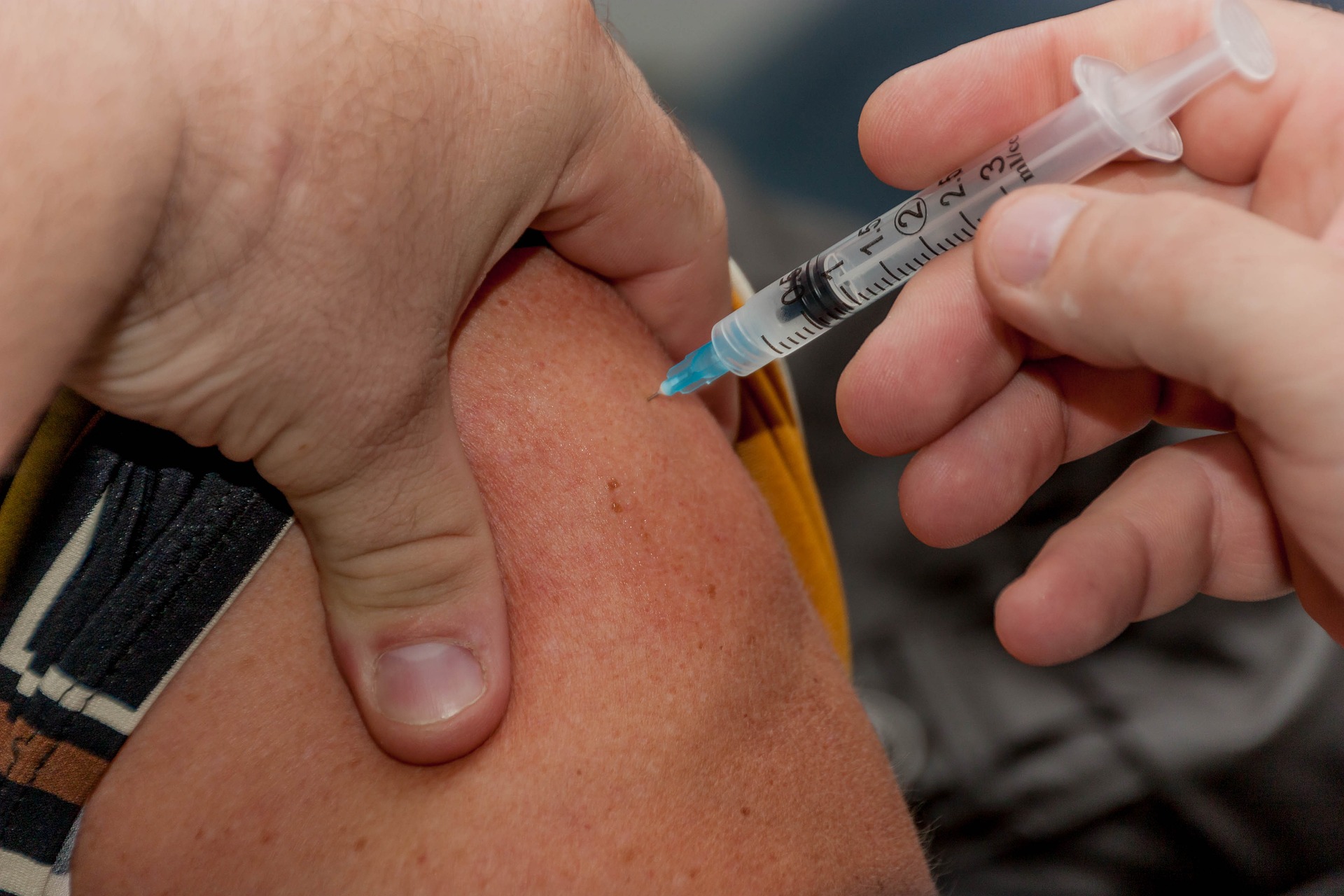
Pictured: "There has been a successful uptake [of the flu vaccine] across the board."
The vaccine this year was offered free of charge to the following groups: infants six months to two years of age, all children aged two, three and four, school-aged children reception up to year 11 (age 15 to 16), 16 to 65 years in clinical risk groups, people aged 65 and over, pregnant women, households of those on the shielded patient list or of immuno-compromised individuals.
The flu vaccine was then made available for those 50+ islanders without underlying illness. The hospital and community has seen a reduction in influenza-like illness this year and there have been no confirmed influenza or RSV cases to date.This is likely to be as a result of the current restrictions and increased hygiene measures islanders are facing.
The public health measures do not just stop transfer of covid but other respiratory illnesses too."
"Private homes don’t have the same safety and risk assessments plans that schools, nurseries and colleges have to protect children and adults.
Guidelines to allow the safe opening of schools have been in place since re-opening in Autumn.

Pictured: "Private homes don’t have the same safety and risk assessments plans that schools, nurseries and colleges have to protect children and adults."
These guidelines have been developed in partnership with teaching leads and are based on what we know works best to control transmission of infection in the context of the teaching and learning environment in school settings.
In addition, and where required, bespoke risk assessment and safety plans are in place. This level of protection is less likely to be provided in less formal settings such as private homes.
The Government has a responsibility to keep all our children safe.
Pictured: "The Government has a responsibility to keep all our children safe."
This includes the risk of covid transmission but goes beyond that. In keeping children as safe as possible from risk of infection, our schools are able to continue to work within their school communities and with families to continue to support children’s education, wider wellbeing and development. The risk from covid to children decreases with age and overall is lower than in those over 17.
Everyone agrees that the negative physical, mental, educational and safeguarding impact of proactive school closure on children is significant and has an effect on life opportunities and future health. And that these effects are greater in those less advantaged children."
"Without the measures we have in place, covid-19 would have spread throughout our community at a significantly greater rate with a much greater health burden and mortality.
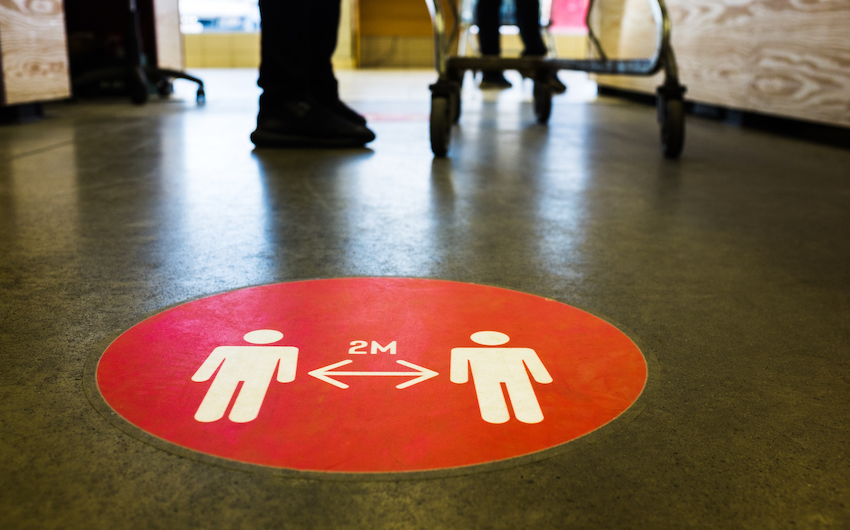
Pictured: "Without the measures we have in place, covid-19 would have spread throughout our community at a significantly greater rate."
This would additionally have further prevented routine delivery of health care causing greater damage. In summary without intervention cases and fatalities would have increased exponentially."
"The borders do present us with certain risks.
However, to mitigate these risks, the Government has implemented the Safer Travel Policy which requires all arrivals to be tested or to isolate for two weeks. Depending on the location they have travelled from, arrivals are legally required to undergo a period of isolation, regardless of whether their test comes back negative.
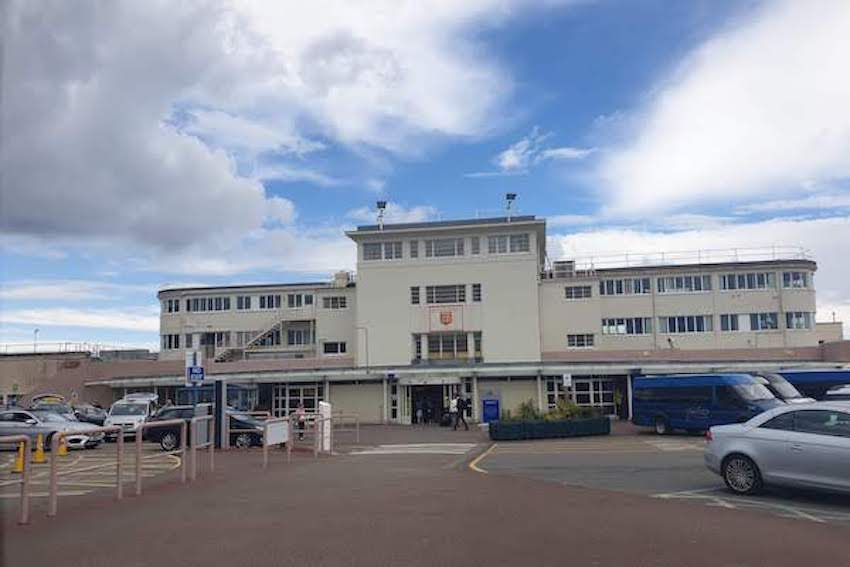
Pictured: "The borders do present us with certain risks."
Recently, all arrivals have had to undertake 10 days of isolation as UK, France, and Madeira have all been red and all passengers transiting through the UK have been labelled red also. This testing and isolation regime help prevent any virus identified at the borders from spreading uncontrollably around the island.
It has been advised that keeping some connectivity is important to the island as we send patients to the UK for treatment and rely on some critical workers to come here for agriculture, infrastructure, and health services. The border is effectively only operating for these types of essential trips, as we have no evidence anyone is coming to Jersey for a holiday in these times."
"Dr Ivan Muscat has advised that it is highly likely we have the virus variant on the island.
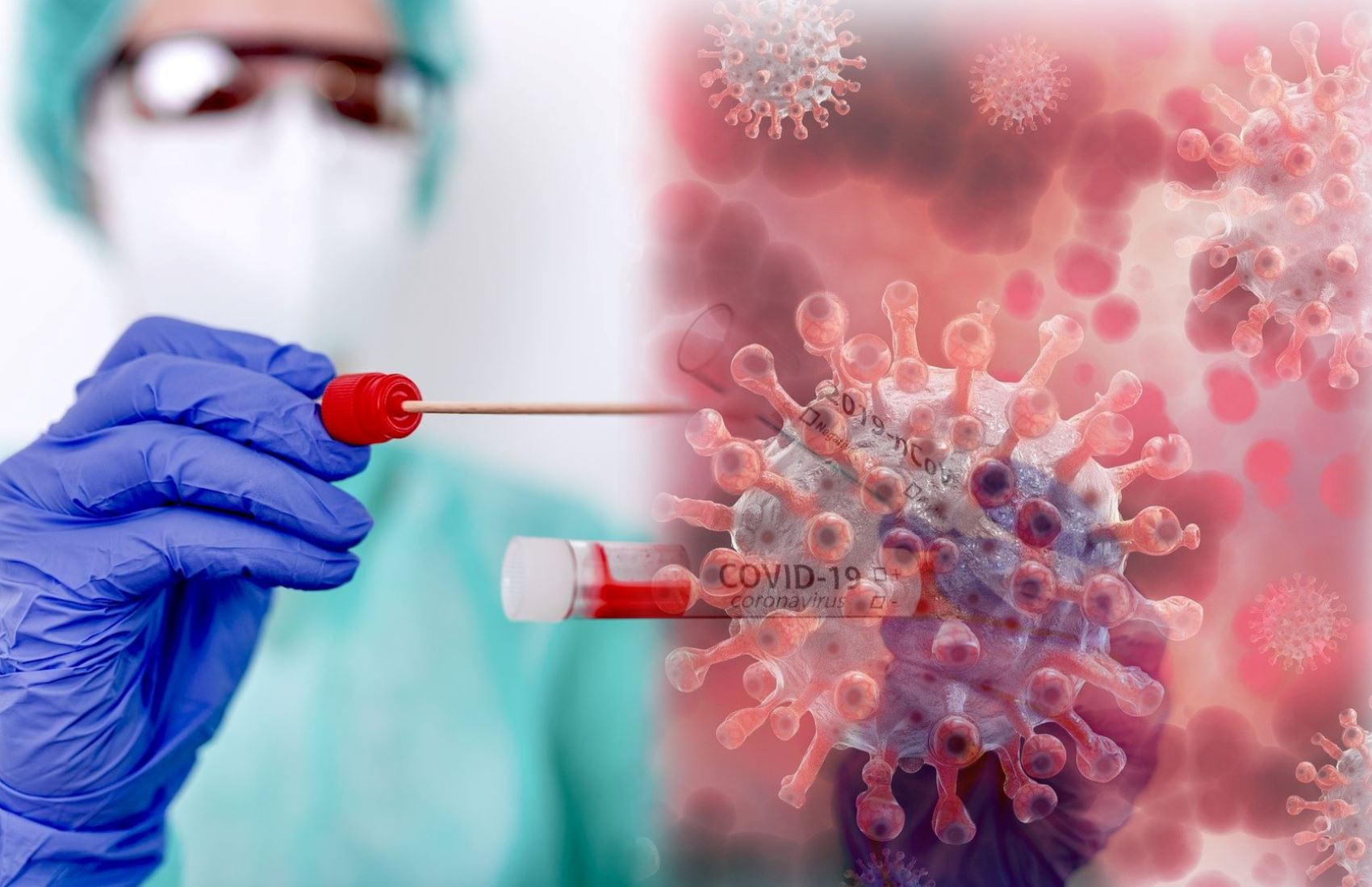
Pictured: "We are currently sending samples on a weekly basis for testing but have so far, not received any evidence of its presence."
We are currently sending samples on a weekly basis for testing but have so far, not received any evidence of its presence.
We are planning our ongoing response to align with the notion that we do have the variant on-island so that we continue to protect the public proportionately to the likely risk."
Comments
Comments on this story express the views of the commentator only, not Bailiwick Publishing. We are unable to guarantee the accuracy of any of those comments.